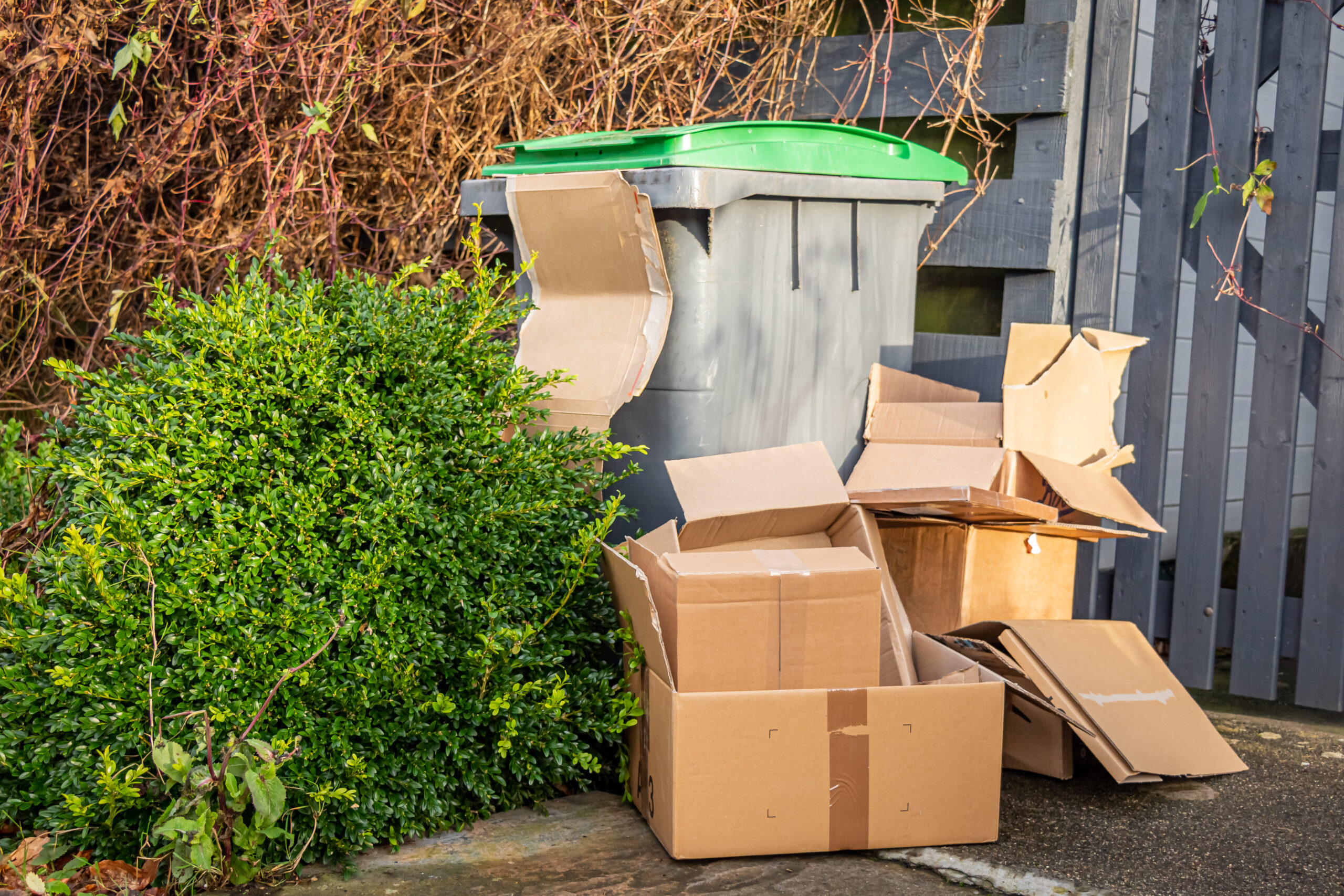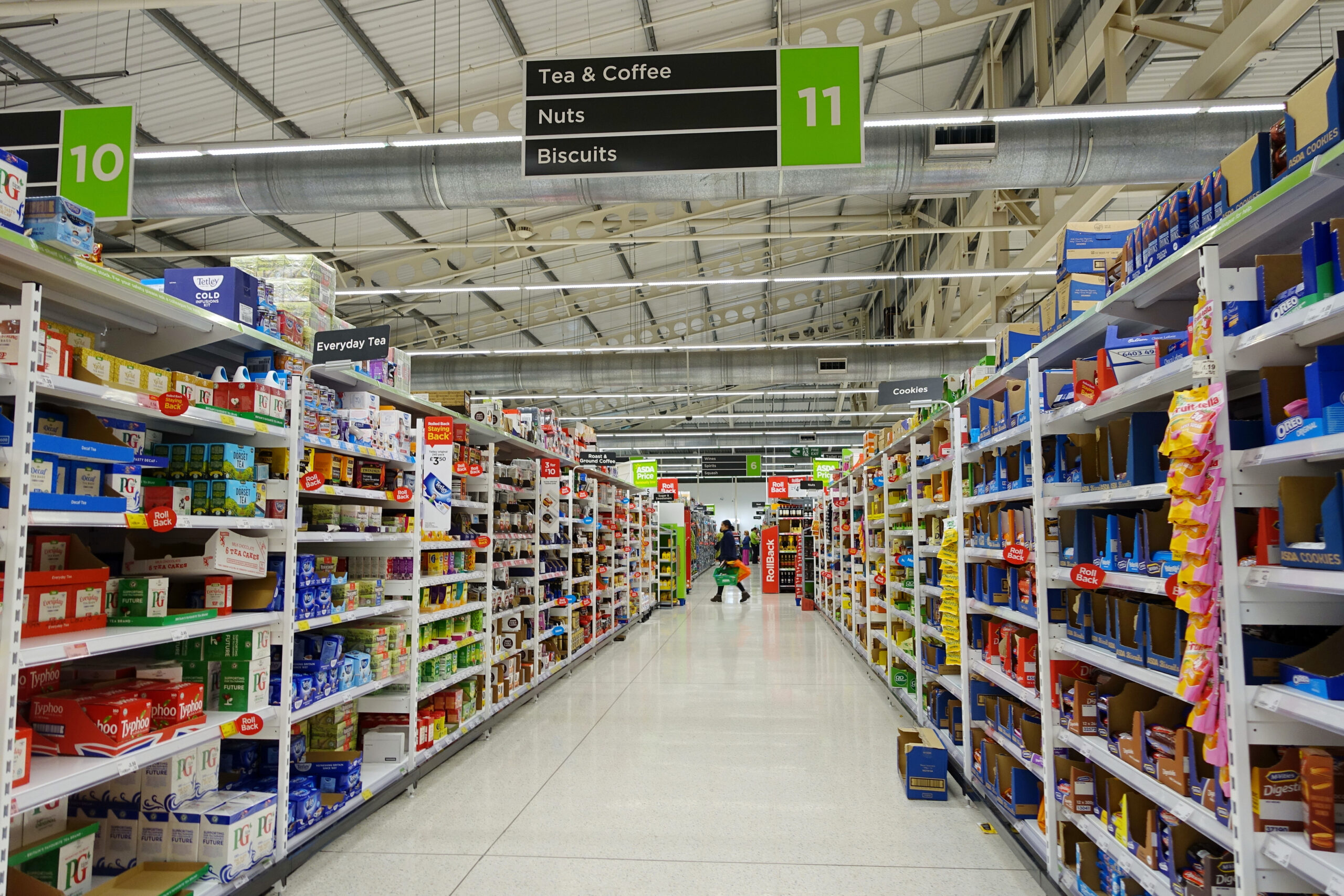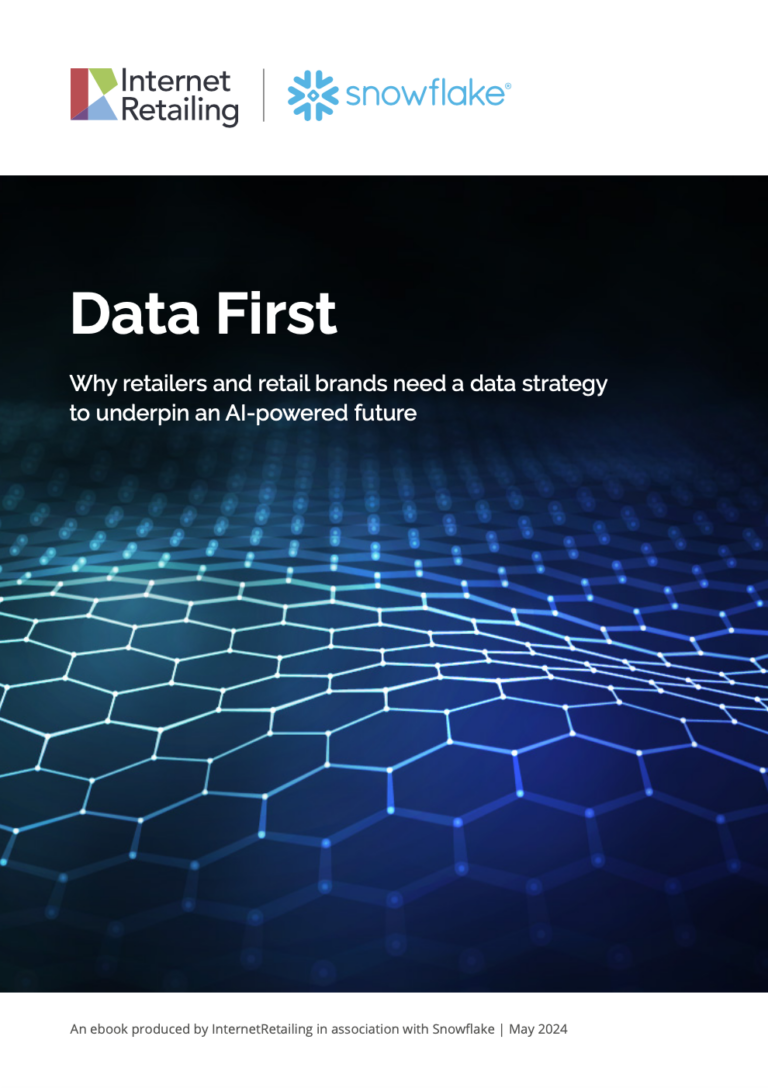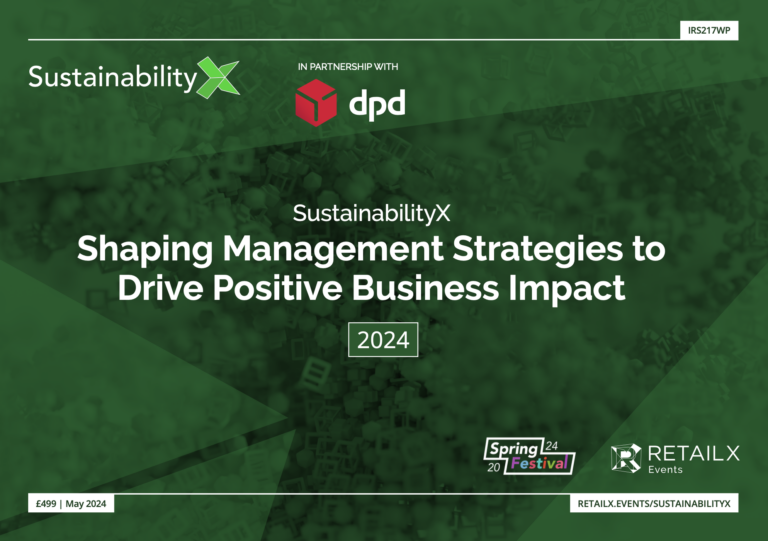The ecommerce sector is set to scale over the next five years driven by consumer demand, but unless the UK government improves recycling rates, infrastructure and capacity it risks exacerbating the climate crisis, according to Josh Pitman, managing director of sustainable packaging supplier Priory Direct.
Figures show that the ecommerce market has seen growth of almost 40% over the last 10 years. Yet municipal recycling rates in England have flatlined during the same period – growing by just 0.3 per cent between 2020 and 2021 and remaining at between 44 – 46% for the past 11 years.
As the ecommerce market is expected to grow even further, by one-fifth (22%) per year until 2028, Pitman argues without investment into an existing and already overstretched recycling facilities there will be little option other than to send the inevitable increase in domestic packaging waste straight to landfill.
“UK consumers have well and truly adopted online shopping for a raft of reasons and ecommerce is here to stay. This is a positive thing, but what we need is forward planning by government to prepare for the inevitable growth of the sector,” he explained.
“With more package deliveries, households are disposing of greater volumes of packaging, including widely-used LDPE soft plastics and films.
“Unless the UK pours investment into its municipal recycling capacity and infrastructure, particularly for wider recycling of all plastics, our landfills will be at capacity and our environment and waste water will face an even greater problem than they do now.
“Nationally, there is currently only capacity for around 220,000 tonnes of plastic film recycling each year. But less than 5% of this is dedicated to municipal film recycling, even though households account for around half of the UK’s 665,000 tonnes of annual plastic packaging waste.”
Another way to alleviate the impact of packaging waste on the environment is through more sustainable packaging choices by retailers. Many are already reducing their use of plastic by opting for more widely recycled alternatives including paper and cardboard.
Pitman added that positive steps are also being taken to improve recycling schemes across the country, although there are some regional disparities. Just last week, a two-year trial of kerbside collection of plastic bags and wrapping was launched in Reading, Bracknell Forest and Wokingham, but the pace and scale of progress is slow.
He noted: “Varying levels of effective communication and public engagement around household recycling is another factor influencing recycling rates.
“People should be informed about the lack of recycling capacity in the current UK system. Public awareness will drive the conversation and put pressure on the government, and local authorities, to act and invest.”

Read more about ecommerce packaging in the DeliveryX Packaging 2023 report. Pre-register now to discover:
- How the UK Top500 retailers are changing their packaging for the good of the planet
- What UK consumers think about oversized packaging, and the waste it generates
- Could returnable packaging be the future of a more circular offering?










